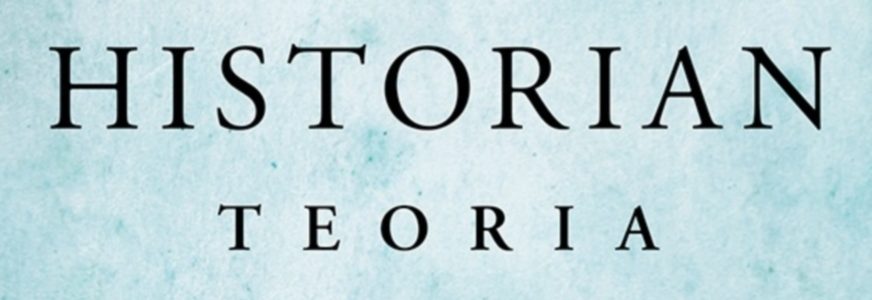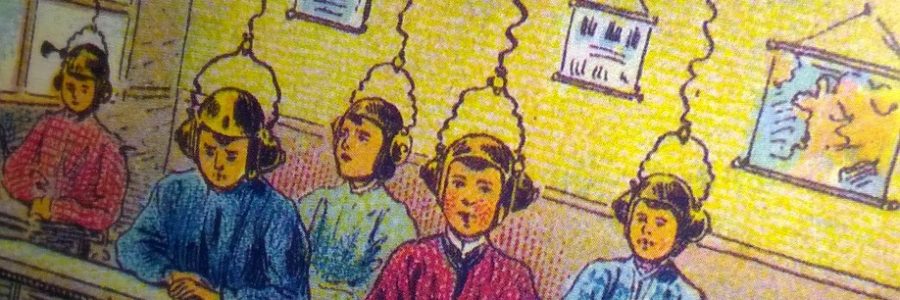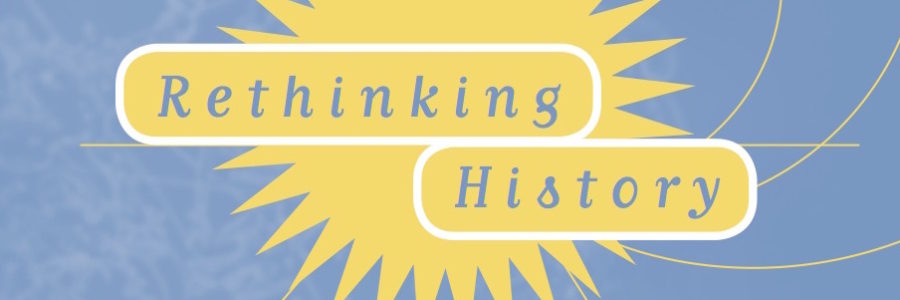Conceptual Change in History
Conference at the University of Helsinki
September 22-24, 2016
Organised by the Oulu Centre for Theoretical and Philosophical Studies of History and the research project ‘Reinventing the foundations of the European Legal Culture 1934-1964’.
Keynote speakers:
Theodore Arabatzis (University of Athens)
Martti Koskenniemi (University of Helsinki)
Sinai Rusinek (Van Leer Jerusalem Institute)
Benjamin Straumann (New York University)
Paul Thagard (University of Waterloo)
It is often suggested that historiography deals with change in time. If nothing ever changed, it would hardly make sense to do historical research. The nature of conceptual change has been an object of acute interest in recent years in the history and philosophy of science, cognitive science, Begriffsgeschichte, the history of ideas, legal history and other fields. Although a seemingly simple notion, the term ‘conceptual change’ hides a complex set of questions and problems.
First, ‘conceptual change’ may be seen to imply a number of different claims. It could mean a change of a particular concept or a replacement of that concept by another. It could also refer to the emergence of an entirely new concept. On the other hand, the reappearance, circulation and mutable application of alleged ´perennial´ concepts in historical writing would seem to undermine the idea of any abrupt ´change´ in conceptualizing history. Concepts operate within their intellectual context, where issues such as tradition have an impact within conceptual change and permanence. Especially in normative contexts such as law and legal tradition, concepts and their interrelationship take on a formative and constructive character.
Second, one is consequently entitled to ask what ‘change’ is in history. Ultimately it is a question of how historians have understood invariance, change and replacement in their texts. It may appear that invariance is the prerequisite of variance. When we speak about a change of X, something would need to stay unchanged. If there is no invariance whatsoever, the case would appear to be that of a replacement of X, rather than of a change. The problem becomes visible when one tries to understand the emergence of an entirely new concept. Does it presuppose discontinuity with respect to the tradition that precedes it? Or does it rather imply continuity, as Collingwood suggested: “Any process involving an historical change from P1 to P2 leaves an unconverted residues of P1 incapsulated within an historical state of things which superficially is altogether P2” (An Autobiography, 2002, 141)?
Third, how should the concept of concept be understood in the context of historiography? That is, what is the anatomy of this tool of representation? On the one hand, many different philosophical traditions have put forward theories of concept, but often their notions appear unsuitable for describing changes in history. On the other, many schools of history deal with concepts, but they often define them only vaguely or assume implicitly. Thus it is necessary to ask, for example, what the relation of concepts to language is and whether they should be seen as atomistic units or as composable to smaller elements. In addition, contributions from educational science, neurobiology and cultural studies challenge historians to rethink whether concepts should be perceived as mental or social entities. Sociolegal studies have challenged the normative value and permanence of concepts and examined the way that change in political, intellectual and legal contexts is reflected in conceptual change.
We invite contributions on the topic of Conceptual Change in History from both junior and senior scholars and from various fields. The papers may deal with the semantic problems of conceptual change: How should change, stability, replacement and emergence of concepts in history be understood? What kind of theory of concepts does historiography require? Contributions may also address the question of the modelling of conceptual change. What are the mechanisms of conceptual change and how can they be presented? What is the relationship between concepts and normative orders and such as law and legal culture? In addition, papers may describe specific cases of conceptual change in history, which illuminate some philosophical, legal and theoretical aspects of conceptual change.
This international conference is organized by the Oulu Centre for Theoretical and Philosophical Studies of History and the research project ´Reinventing the foundations of the European Legal Culture 1934-1964´. The three-day conference hosts presentations by keynote speakers and additionally invites submission for plenary papers.
Please email submissions to Heta Björklund (foundlaw@gmail.com) by March 31, 2016. The maximum length of abstracts is 300 words.








